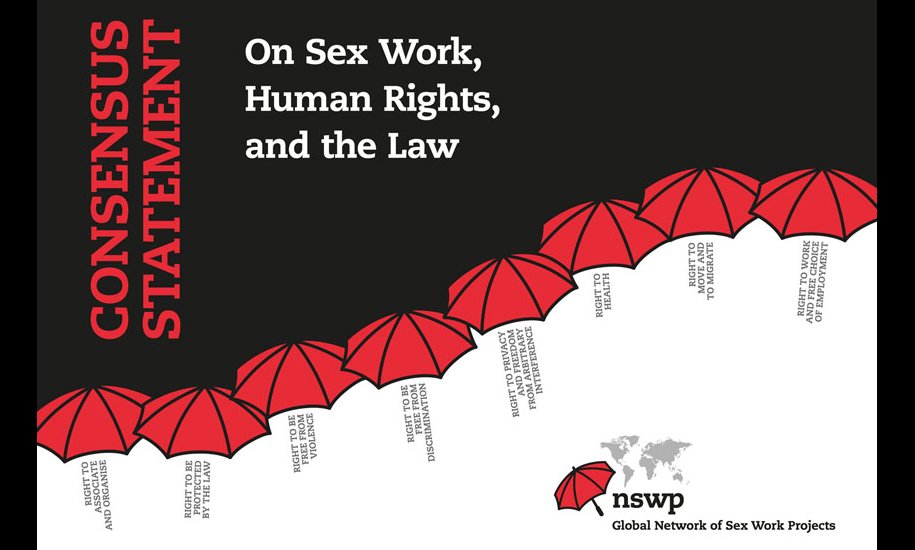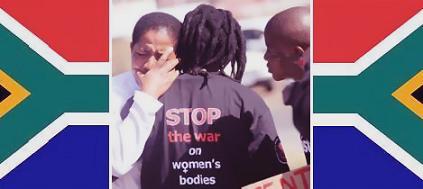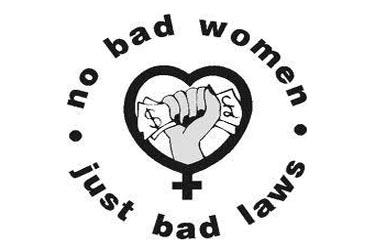
In a state currently fighting to end human trafficking, supporting the full decriminalization of sex work is a deeply unpopular but very important stance. The victims of human trafficking in Georgia receive widespread sympathy and support, while at the same time often suffering from laws designed to criminalize sex work. Trying to find a different job with sex work charges on your record is exceedingly difficult. Georgia Governor and First Lady Kemp have unveiled proposals that would allow survivors of human trafficking to restrict access to their criminal records for this purpose. A much more direct approach to this that would protect far more people, both those who are trafficked and sex workers, would be to do away with criminalizing the selling of sex within the state of Georgia.
Many advocacy groups for sex workers exist and most have a consensus on what can best be done to protect those most vulnerable to criminalization. According to the Consensus Statement for the Global Network of Sex Work Projects, major demands are for sex work to be acknowledged as legitimate work, for sex workers to be protected under the law, and to be free from violence and discrimination.
Arguments against the decriminalization of sex work often echo the concerns of those against human trafficking, but the actual wants and needs of sex workers are specifically to protect themselves from being trafficked. The decriminalization of their profession would give them the ability to report crimes committed against themselves and others without the fear of arrest. Sex workers and people who are victims of trafficking both have trouble getting protection from law enforcement because of the current laws against sex work. If sex workers do not have to fear prosecution from law enforcement, they will be able to report human traffickers present in the sex trade. As it stands, sex workers risk arrest and jail time if they report exploitation or the presence of minors.
Let me be completely clear on something: when sex workers cannot go to the police for fear of prosecution, their lives are put in danger. The rates of violence against sex workers are staggeringly high. Voluntary sex workers and human trafficking victims alike face the same rates of violence and rates of arrest. Criminalizing the voluntary actions of people in the sex industry does not stop people from being trafficked, but it does stop them from being able to go to the police without the possibility of being arrested for their own persecution. Regardless of how they got to where they are, both voluntary sex workers and the victims of human trafficking should be able to go to the police for protection.
It is not enough to say that you support victims of human trafficking if you are not willing to support legislative changes that can actually reduce exploitation in the sex trade. There’s a reason it is called “the oldest profession”; sex work has been around long before us and will be around long after we are gone. Like any form of labor, it can become exploitation if there is not accountability and protection for laborers. Decriminalizing sex work will not decriminalize illegal business practices and crimes. Sex work can be legal; slavery, human trafficking, rape, and child exploitation are still against the law. The difference is that those who come forward as victims of the latter will not be categorized as criminals for association with the former. It may not feel as morally pure of a stance, but it is the most effective and humane way to protect those most vulnerable to human trafficking.
(Image Credit: Global Network of Sex Work Projects)


